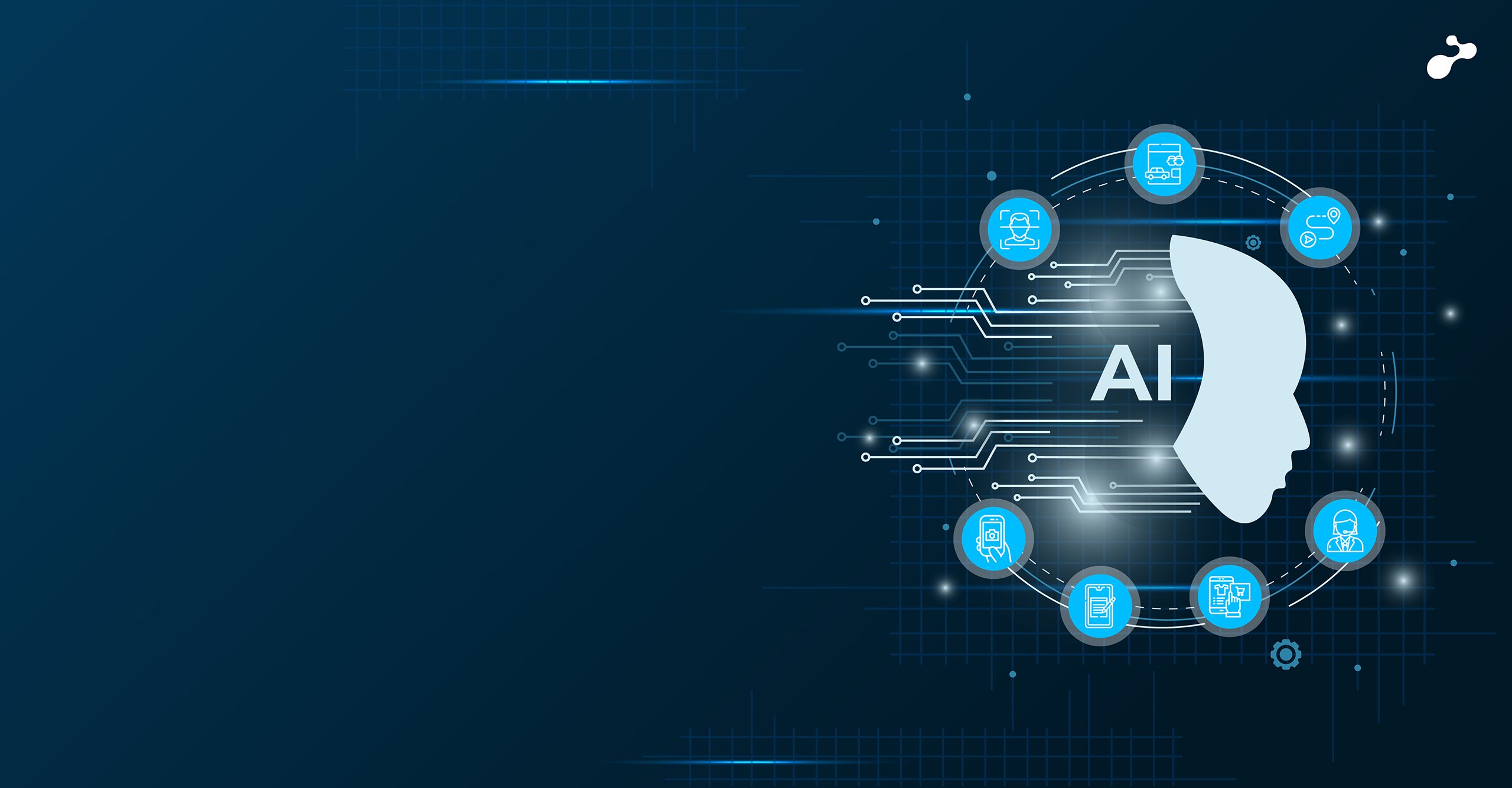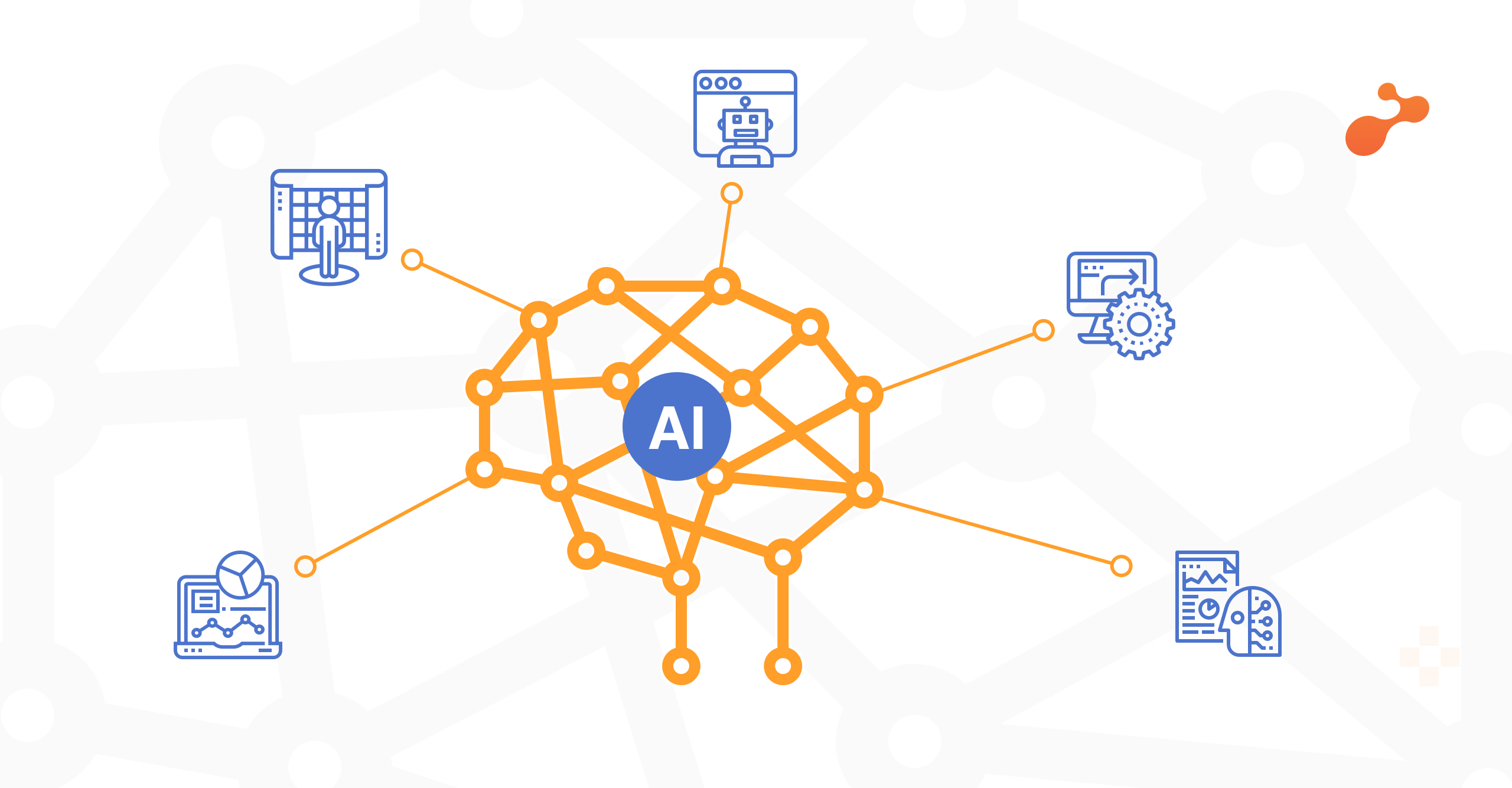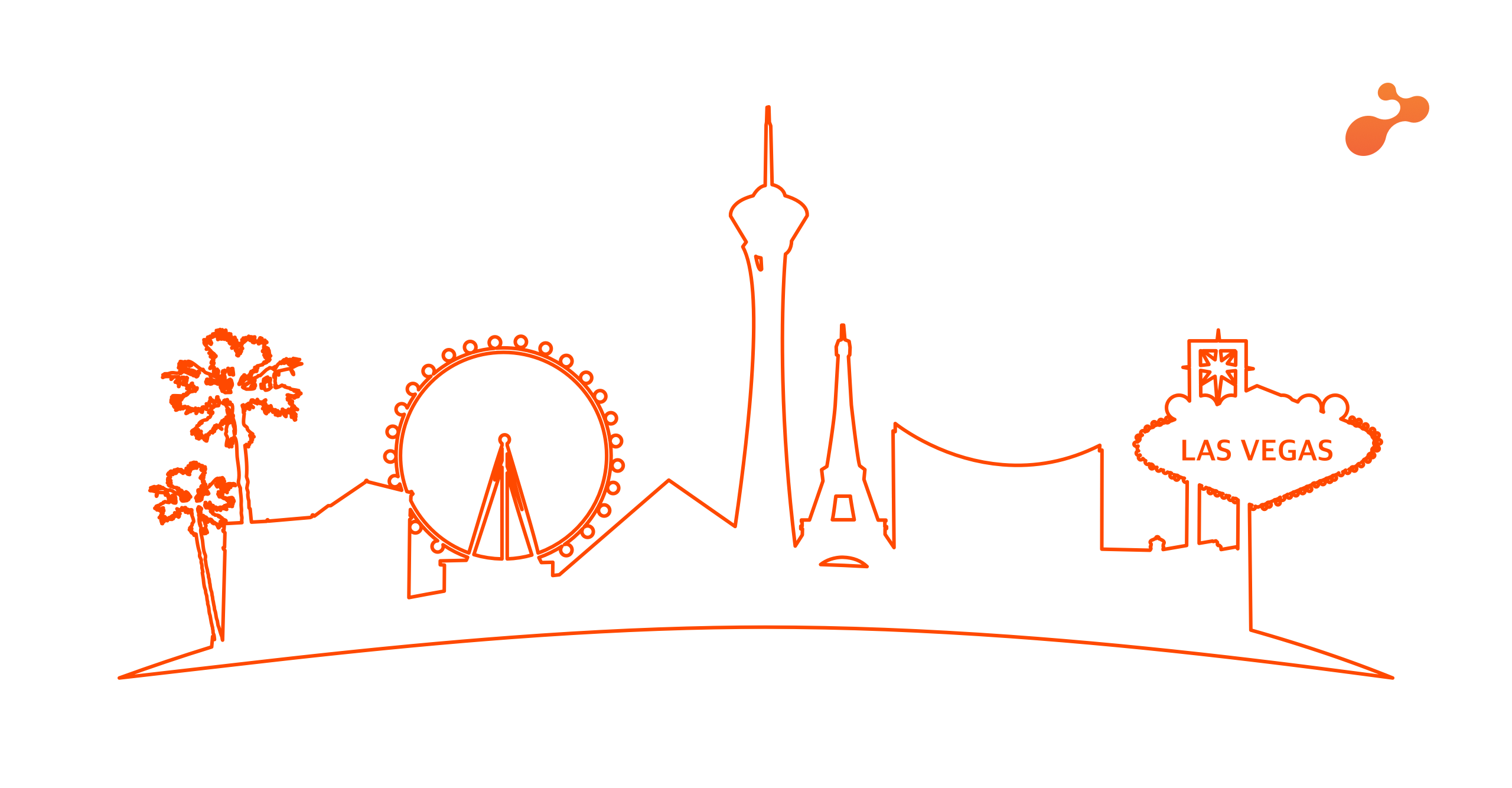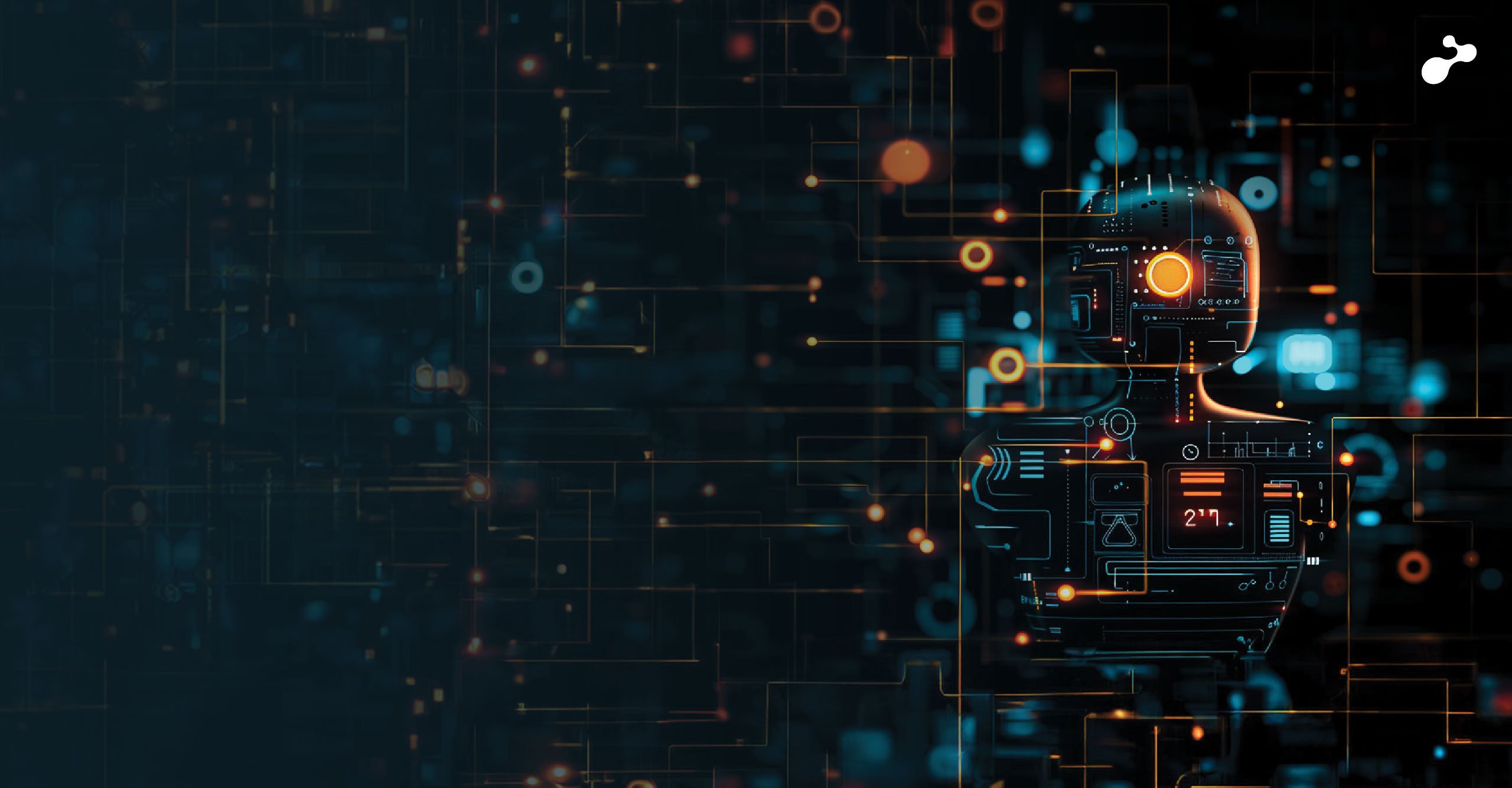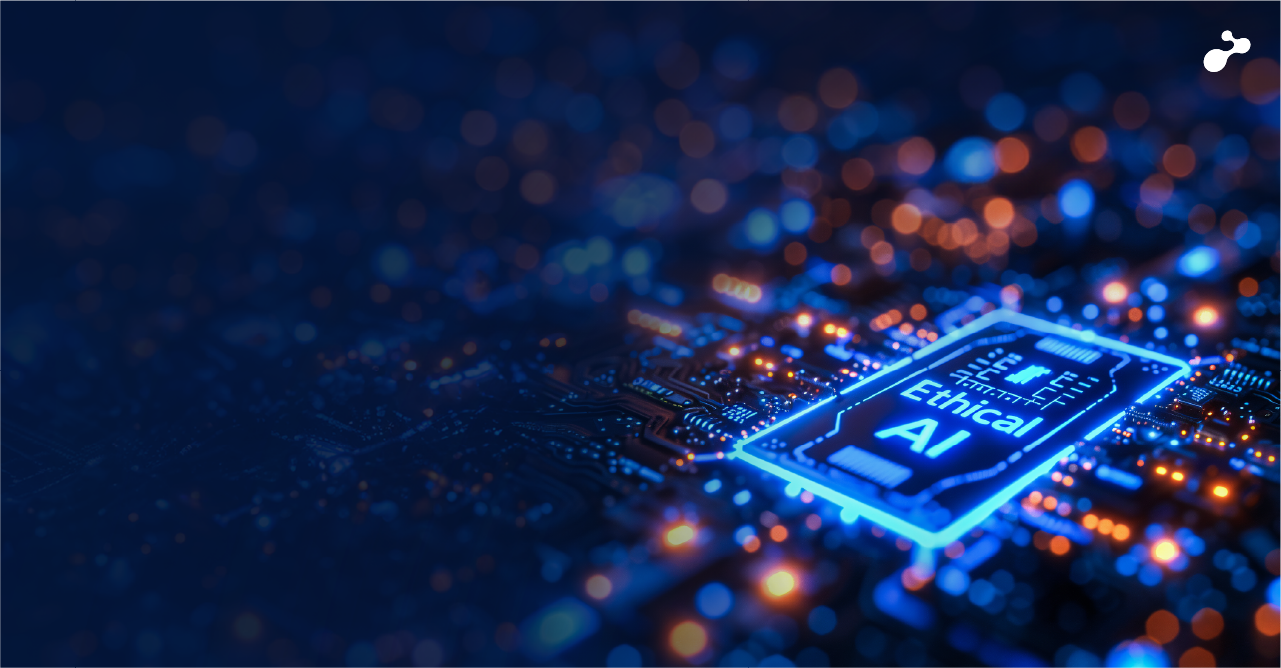At the heart of a growing nation are its people and resources, both ecological and economical. The key sectors that form the backbone of these resources are essentially Education, Environment, Agriculture, Government and Healthcare. While in my last blog I wrote about the increasing prevalence of AI in our lives, this is my take on the larger picture, more precisely, the role of AI within the five key verticals how they connect, and there on impact each other as we grow as a nation.
One of the most important sectors that is being transformed by the digital wave, is Education. AI especially, has a big role to play in changing the way people learn. The long-standing accessibility-gaps are shrinking, quality education is being made accessible to all, even in remote locations. Teaching processes are becoming more collaborative, interactive and tailored to students’ varied needs, owing to intelligent applications that aid them along with automation of administrative tasks.
This digital transformation has allowed education to percolate to the very fine levels of the society; the easy and constant access to information from different parts of the world is helping create a sense of global awareness. As a result, we as a society are becoming more conscious of the world around us. An example is the traction being generated in the environment movement. Although efforts to save the environment have been on for decades now, owing to the digital era people are now more than ever aware of the absolute need to build lifestyles and processes that are sustainable.
A game-changer in furthering this cause has been the application of AI. The predictive power of AI is being tapped to help solve major global environmental crises--from climate change to animal endangerment to disease containment, by creating data-driven models of environmental processes and help.
This heightened focus on living a sustainable lifestyle, coupled with the use of modern technology, is in turn transforming the sectors of agriculture and healthcare too. AI is being used to innovate traditional farming techniques, to help yield healthier crops, land use, control pests, monitor soil and growing conditions, and increase overall productivity. Intelligent machines and applications are leveraging the vast volumes of data generated in healthcare, to help healthcare providers with faster and more accurate diagnosis, early detection and prevention of diseases, and thus improved quality of healthcare.
What is really accelerating these advancements, however, is the digital transformation of the underlying government operations. Use of AI in various facets of the government, such as Law, Administration, Public Rights and Services, has helped streamline processes in the public sector, and in turn drive innovation and efficiency in the other sectors too.
We can thus see what a vast role and potential that AI plays in driving Social Good. This is especially the need of the hour considering the unbelievable pace at which nations worldwide are progressing. In the years to come, AI will be a key factor in driving this progress, while being efficiently able to sustain the challenges that are thrown along with.

